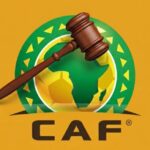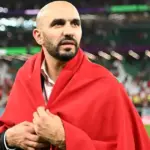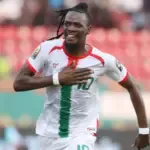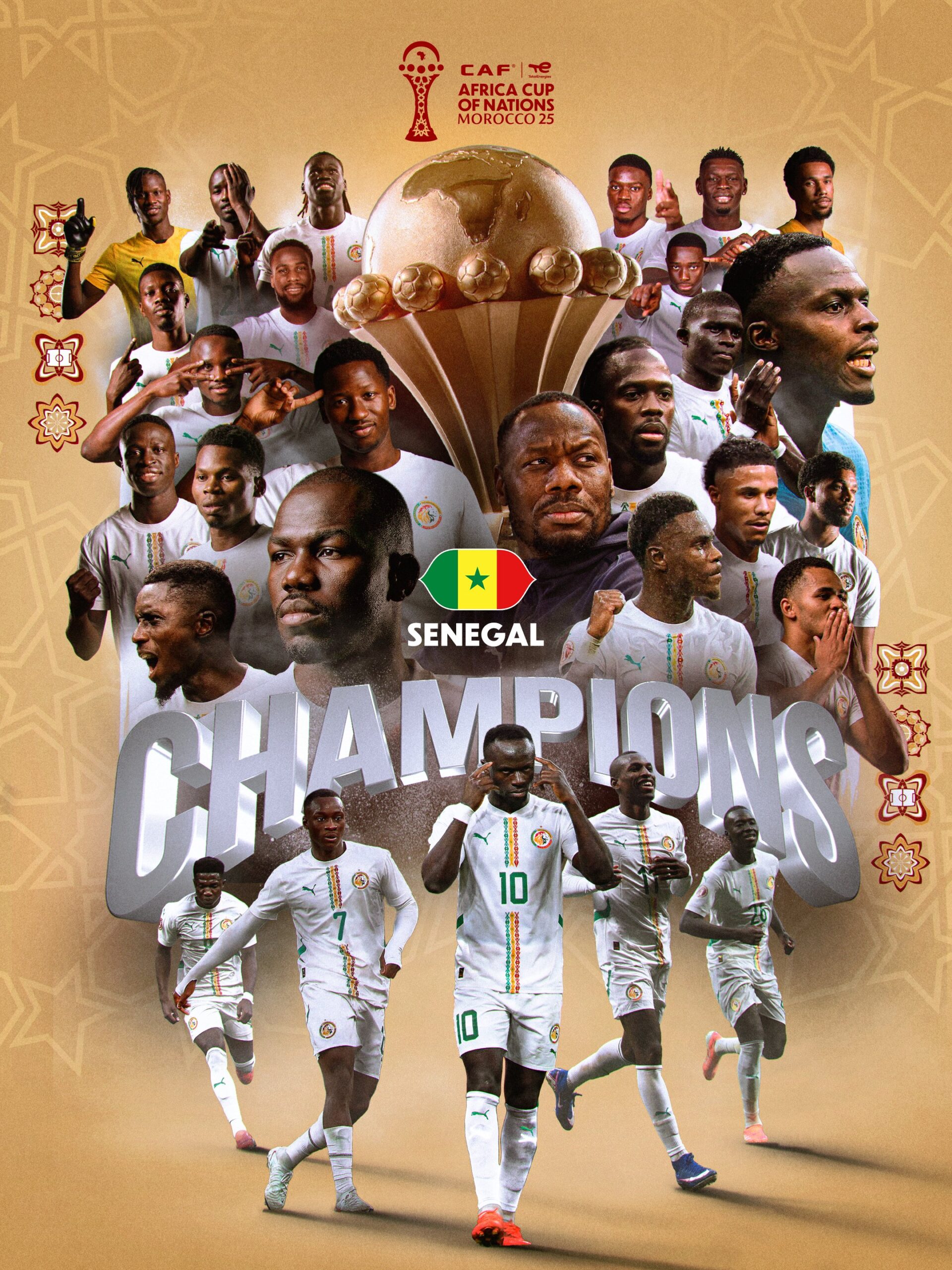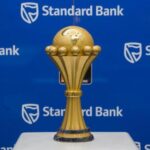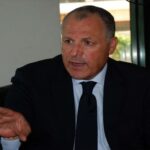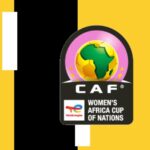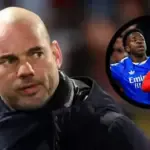Didier Ovono’s match-fixing claims spark controversy in Gabonese football
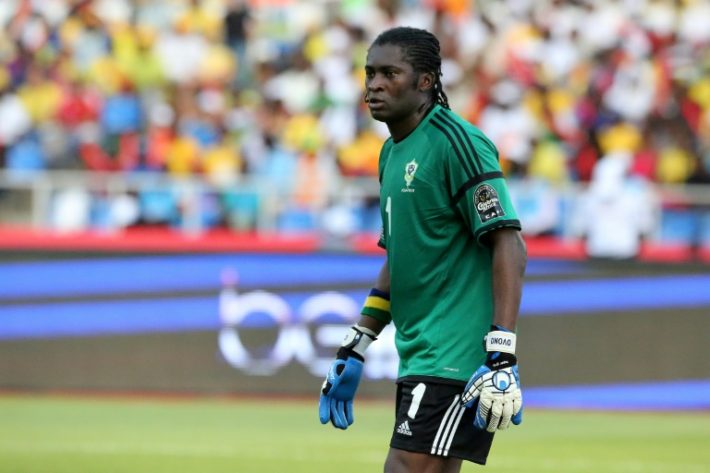
Didier Janvier Ovono Ebang, former goalkeeper and long-time captain of Gabon’s national football team, has ignited a storm of controversy after alleging that a past match between Gabon and Burkina Faso was manipulated.
His remarks, made in a recent interview that quickly went viral on social media, have prompted an official response from the Gabonese Football Federation (FEGAFOOT).
The federation released a detailed statement addressing Ovono’s claims, which centred on accusations of biased officiating and possible match-fixing. In the interview, Ovono appeared to suggest that a Gabon-Burkina Faso encounter had been unfairly influenced by what he described as home-ground officiating.
While he did not provide specific dates or contexts for the alleged incident, the insinuation was clear and deeply unsettling to many followers of the national team.
In its official statement, FEGAFOOT categorically denied the allegations, calling them baseless and lacking factual support.
The federation pointed out that a thorough review of all historical fixtures between Gabon and Burkina Faso revealed no match that ended in a penalty shootout, directly challenging the core of Ovono’s suggestion.
FEGAFOOT further noted that the only competitive fixture matching Ovono’s description, a 2–0 victory for Gabon, took place on 11 October 2014 in Libreville during the qualifiers for the 2015 Africa Cup of Nations. In that match, both goals were scored in open play by then-captain Pierre-Emerick Aubameyang.
The federation described Ovono’s claims as both inappropriate and unfounded, expressing disappointment that a former national icon would make such statements without presenting any concrete evidence.
Unless the individual concerned can provide credible and verifiable proof, the Gabonese Football Federation strongly condemns the remarks and questions the motivations behind such damaging allegations.
While the comments have stirred debate among fans and within Gabonese sporting circles, FEGAFOOT stressed that the current focus remains firmly on the national team’s preparations for upcoming fixtures.
The squad is currently in training camp in Morocco ahead of critical matches on the horizon, and the federation assured the public that Ovono’s comments would not distract from that work.
FEGAFOOT also left the door open for possible legal action, stating that it reserves the right to refer the matter to the appropriate governing bodies in order to protect the integrity of Gabonese football.
The organisation voiced its regret that a player of Ovono’s stature, once considered a national footballing legend, would make such serious accusations in a public forum.
The response also included a subtle reminder of the weight public figures carry, especially those with a significant legacy in sport.
Didier Ovono likely underestimated the impact his statements could have on public opinion, the federation said, suggesting that the former captain’s remarks had done more harm than good.
As the dust begins to settle, questions remain about what prompted Ovono to go public with his claims. In the absence of evidence, however, the controversy is likely to remain a contentious but inconclusive episode in Gabonese football’s ongoing narrative.

